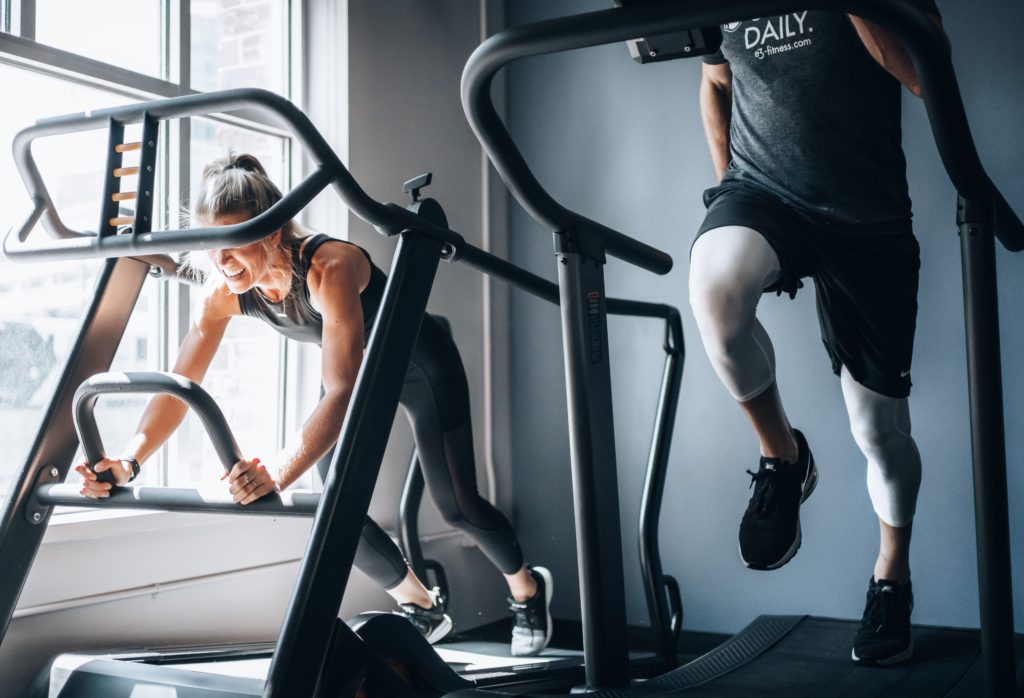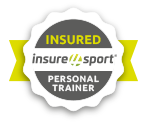Master the Basics - Adapt

Throughout my career, I have always heard people say how fitness can be daunting and all the technical jargon can make it even more confusing. With that in mind, I am creating an A-Z of fitness.
Each week, you can learn the fundamental principles required to Master the Basics and be successful with your training with my simple guide.
First up is the letter A and this is for Adaptation which leads to recovery.
The exercise was the stressor, but we adapt to the stress by resting. All the things people want from exercise occur from the process of adaptation and recovery.
The human body has a borderline limitless ability to adapt to stressors as long as it has the right environment to do so. Think about the things we see in the Olympics. They aren’t born any differently from you or me. They have simply spent years gradually building up their tolerance to their given sport. They have adapted so much that they can make the seemingly impossible possible.
What we think of as getting fit or getting strong is simply lots of layers of stressors, one on top of the other that have been adapted to overtime.
So how do we ensure we can adapt?
- Sleep – most of the cellular adaptations occur during the hours of complete rest.
- Fuelling correctly – you need energy for cells to adapt and lots of it. One of the biggest mistakes people make in training is skewing their energy intake too low when also trying to improve performance.
- Gradually increase the stressor – you want small incremental increases, not big jumps in how hard you push your training. Injuries are a great example of what happens when you push the body beyond its capacity to tolerate force. Effectively you went beyond what you had previously adapted to. The great thing about training is you can build this capacity so over time you can come back from injury and become even stronger than prior to the injury.
- Organise your training to ensure you can recover before going again. For example, if you run and lift weights, this could mean doing an upper day and lower day so you can do upper the day after a run to give your body more time to adapt.
- Stay hydrated so you can perform and adapt to the best of your capacity.
- Keep active and take care of your body. Things like having good mobility are essential, so you don’t overstress / overuse certain tissue in your body. Also, being as active as possible outside of training increases blood flow throughout the day to aid recovery.
When you understand that adaptation is the real aim of the game, focussing more on recovery can start to become something you really want to focus on. It is common just to think of exercise and forget this crucial aspect.
Train hard but recover and adapt harder!
Stay tuned next week for B and don’t forget to follow me on Instagram where I share exercise techniques, and show you how to maximise your training. I hope you enjoyed this blog post, if you have any questions I host a weekly Sunday Q&A session on my Instagram channel. Otherwise, please feel free to email me at andy@andyvincentpt.com.
If you want to get in touch and see how I can help your fitness and become your Online Personal Trainer, click here.


